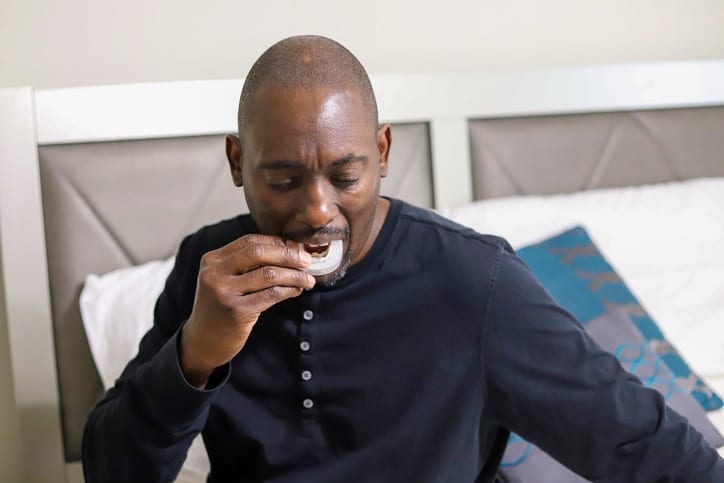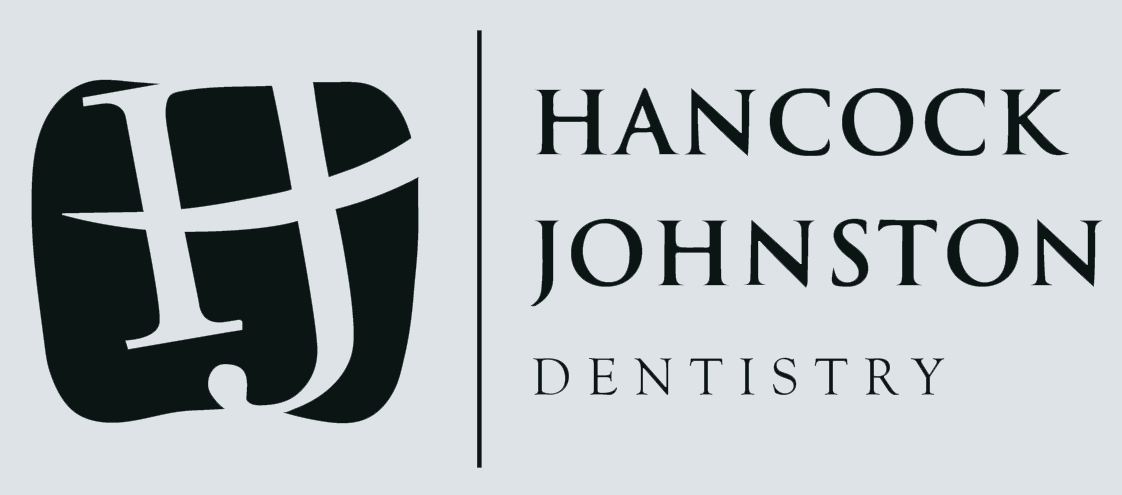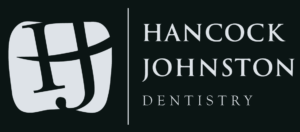Different Types of Snoring
Most of us know whether we snore or sleep quietly at night. Snoring can be minor, severe, affect women, men, be frequent or only happen during allergy and cold season. When visiting family and friends, snoring can be embarrassing. Snoring can also affect the sleep of others in the house. Most serious of all, snoring could be a symptom of obstructive sleep apnea, a dangerous sleep disorder. OSA is a medical condition that causes patients to stop breathing multiple times throughout sleep.
Regardless of which scenario above describes your sleep situation, our practice offers several convenient solutions. First, we start with a sleep study, which can be obtained through our office for $250 or less. Often, health insurance will even pay for the sleep study. This sleep diagnostic tests for obstructive sleep apnea and restrictions in the airway that are causing snoring. Once the results are in, we schedule patients for an appointment to discuss options.
Alternatives to CPAP Machines and Surgery

Most sleep clinics are limited to prescribing CPAP (Continuous Positive Airway Pressure) or BiPAP (BiLevel Positive Airway Pressure). Although health insurance will sometimes pay for these machines, they are difficult to use, maintain and can affect the sleep and freedom of patients and partners. Using a CPAP machine commits a patient to a lifetime of wearing a mask every night and is only necessary for severe sleep apnea. Patients deserve to know what is causing an airway obstruction and receive a treatment plan that fixes the problem.
Fortunately, there are many alternatives available at Hancock and Johnston Dentistry. Most patients affected by snoring and mild to moderate sleep apnea can benefit from an anti-snoring appliance. Some appliances, like Mute open the nasal passage and are enough to relieve sinus pressure and decrease snoring. Other appliances open the airway just enough to reduce or eliminate snoring and obstructive sleep apnea. If you cannot tolerate your existing CPAP machine or you were recently diagnosed with OSA, realize that you have other options.
Getting a Custom Fit for a Snoring Appliance
Snoring appliances are fit chair-side (that’s dentist talk for fitting something while you sit in the dental chair). Using a bite matrix and material to position the jaw in the right position, we can test the effectiveness for preventing snoring before the appliance is made. A digital scanner much like a handheld wand is used instead of a gooey impression material in your mouth. Exact models are made of your teeth with the jaw positioned in the new anti-snoring position.
What Will an Anti-Snoring Device Accomplish?
Compared to CPAP, anti-snoring appliances are lightweight, easy to wear, portable and comfortable. Best of all, these appliances reduce and eliminate snoring and sleep apnea in most patients.
Anti-snoring devices can be conveniently purchased at a dentist and are more affordable than many other treatment options. During routine cleanings, patients can bring in appliances for adjustments and cleaning. Share with your dentist if you start having a problem with snoring or using the device.
Frequently Asked Questions
Yes, our practice provides an at home sleep study diagnostic which is often the first step. Patients can do the test in the comfort of their bed over two nights. The wearable device can be picked up from our office for $250 or less. Often, health insurance will even pay for the sleep study.
Dentists are unable to diagnose sleep conditions such as Obstructive Sleep Apnea. However, we work with ENT doctors and patients and provide a convenient sleep study option that could be covered by insurance.
This sleep diagnostic tests for obstructive sleep apnea and restrictions in the airway that are causing snoring. Once the results are in, we schedule patients for an appointment to discuss options.
CPAP is still the standard for treating sleep apnea and is often covered by insurance. If a sleep medicine doctor recommends CPAP due to OSA, then we would refer patients back to a physician.
Hancock and Johnston Dentistry provides custom anti-snoring appliances. Primarily, we sell acrylic, Mandibular advancement devices (MAD) which offer a more comprehensive solution to snoring. We also provide custom mouth-guards for patients that simply grind teeth at night. Note that our snoring devices can prevent both snoring and teeth grinding.
- What is the difference between appliances sold cheaply online and those sold at the dentist? Custom fit and the ability to adjust the jaw to multiple postions to achieve the ideal results.
- Can patients still mouth breath at night with an appliance? Absolutely!
- What happens after a custom fitting? Usually it takes several weeks to make the appliance. We will see the patients for multiple follow ups to ensure the success of the appliance.
- How should snoring appliances be maintained? Daily cleaning. Adjustments by your dentist are needed periodically.
- Does dental or health insurance cover anti-snoring devices? Some policies do provide coverage. We offer a discount to patients that do not have dental insurance coverage.
- Do these appliances work with dentures, bridges and other orthodontics? It is very patient specific, but we can accommodate during a custom fitting.
- Are there risks of changing the bite and position of teeth with these appliances? This is one of the most common side effects that we discuss with each patient. Some changes may occur in bite and contact of teeth

